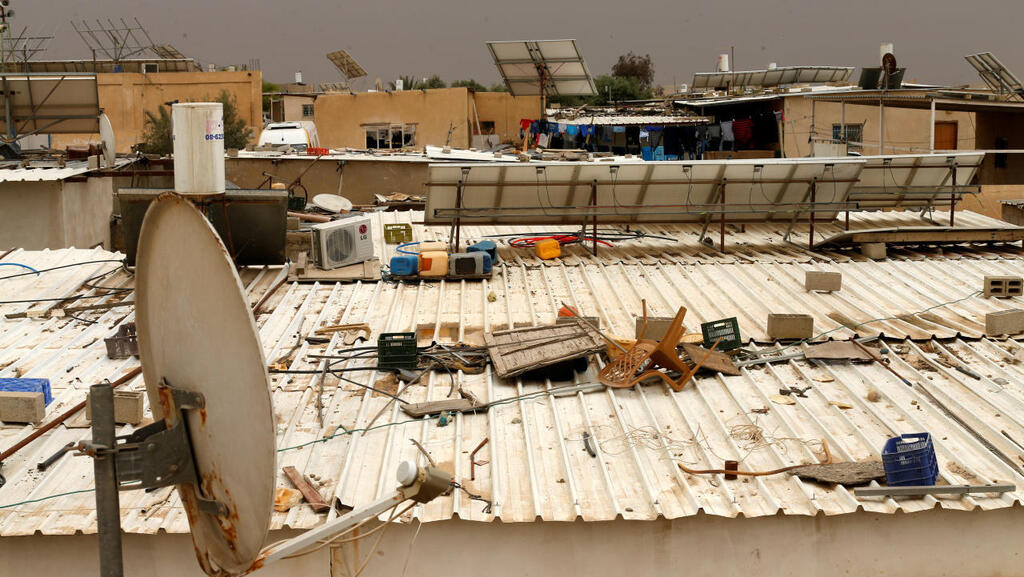
Why are there almost no Bedouins in high-tech companies?
A new study found that two major barriers to employing Bedouins are the language barrier and the tensions between Bedouins and Jews in the south. Study also reveals that 20% of Bedouin boys dropout of high school
There are almost no Bedouin employees in high-tech companies in the south, and if there are, then they are lonely. The same goes for large international companies. More than ten Bedouin workers were found in only one company. The number of applicants is low and it is also very difficult for them to be accepted. All of this is according to a new study published by the 'Co-Impact' project to promote employment in the Arab society as part of a conference on employment in the south held in Rahat on Monday.
According to the study, two of the major obstacles to Bedouin employment are the heavy tensions between Jews and Bedouins in the south, which hurts employers' motivation to hire them, as well as the Bedouin's very low command of Hebrew and English. Another problem is that in the south there is competition for every academic position and the Bedouins are at a disadvantage relative to the Jews.
The research shows that Arab-Bedouin society in the Negev is concentrated in a limited number of occupations. 73% of the women are engaged in the fields of education and health and welfare services, while 72% of the men are concentrated in five fields, most of which are in blue collar fields. The employment problems are one of the reasons why the poverty rate in Arab-Bedouin society was about 68% in 2018, compared to about 40% in Arab society, about 45% in ultra-Orthodox society, and only about 11% in non-Orthodox Jewish society.
Large disparities were also found in the field of education, as there is a significant dropout before the 12th grade. The rate of Bedouin boys studying in high school in 2019 was 79%, meaning 21% dropped out. The rate of girls was 82.5%, that is, 17.5% dropped out. It should be remembered that the data do not include hidden dropouts, that is, registered students who do not actually study. The latent dropout is usually greater than the official dropout. Among Jews in the south, the study rates were 94% for boys and 97% for girls. The rate of eligibility for a high-quality matriculation certificate that meets the threshold conditions of the universities was 16% among the Bedouin boys and 39% among the girls. Among the Jews in the south, the figures are 67% for the boys and 78% for the girls.
Only 9% of Arab students are Bedouins, while the relative share of Bedouin society from Arabs is 15%. Women make up 78% of Bedouin undergraduate students, but most study education and training for teaching, a degree that does not lead to a high salary.
The CEO of Co-Impact, Nawa Jahshan Batshon, said: "In the last six years, the project has led to a deep change in the scope and quality of employment of thousands of employees and managers from the Arab society in dozens of the largest and leading companies in the economy.” However, "we recognized that the southern region is not a partner to this success, and therefore we chose to focus on it."
Related articles:
Dr. Nasreen Haddad Haj Yahya from NAS Research & Consulting said: "The Arab-Bedouin society in the Negev is an asset and not a burden as many treat it as such. It lives in the conditions of a third world country. The study shows the urgency of the high level of intervention that is required from government ministries, to increase employment in the Bedouin Arab society in the south.”
